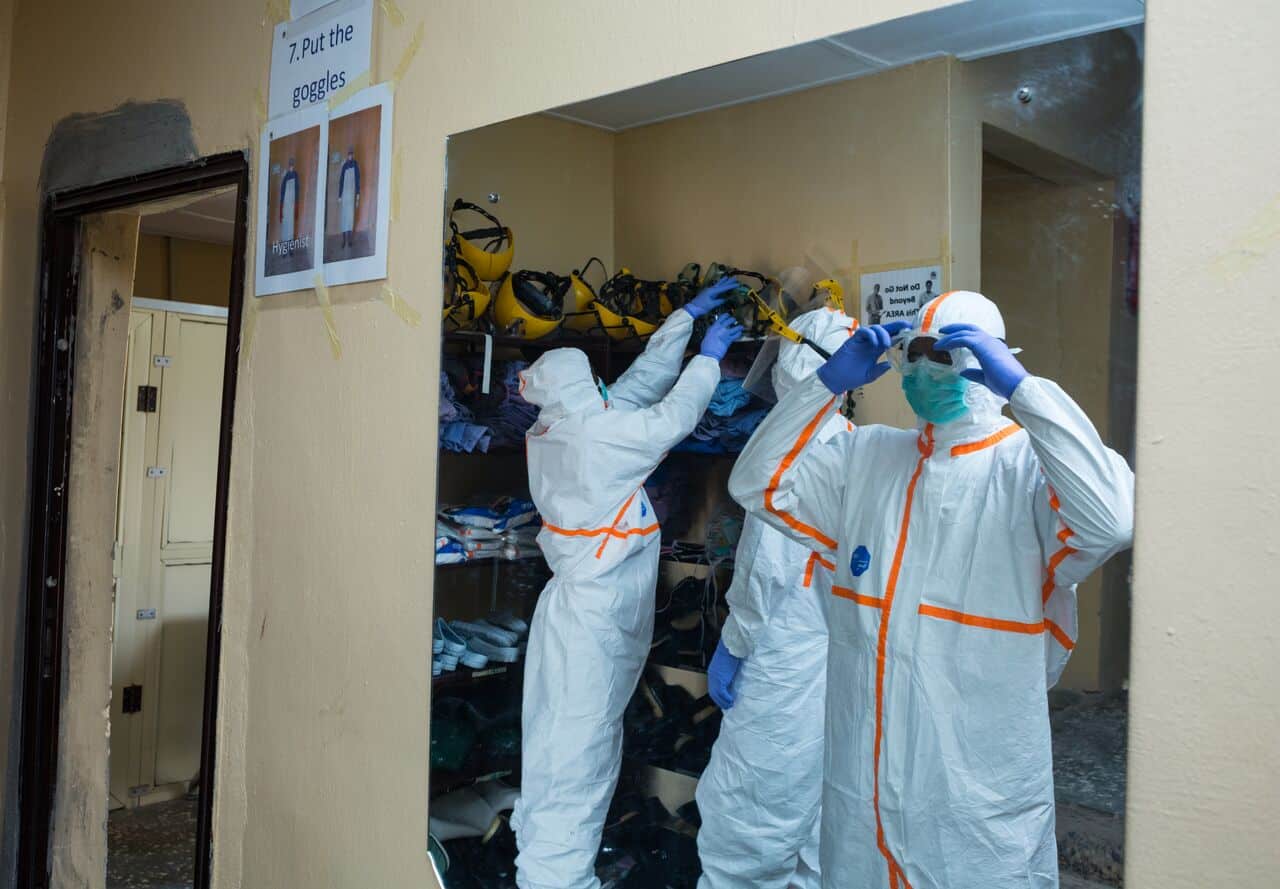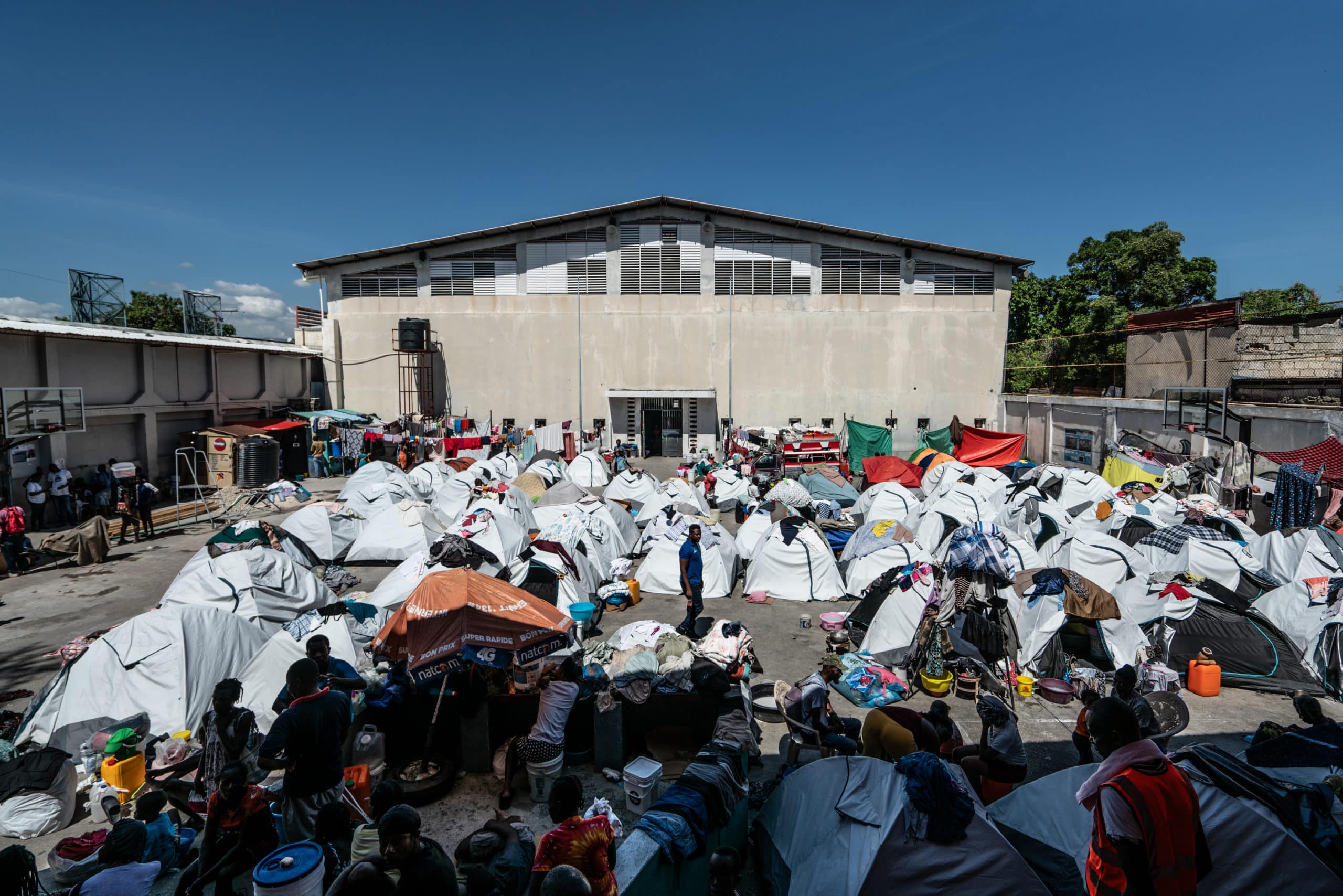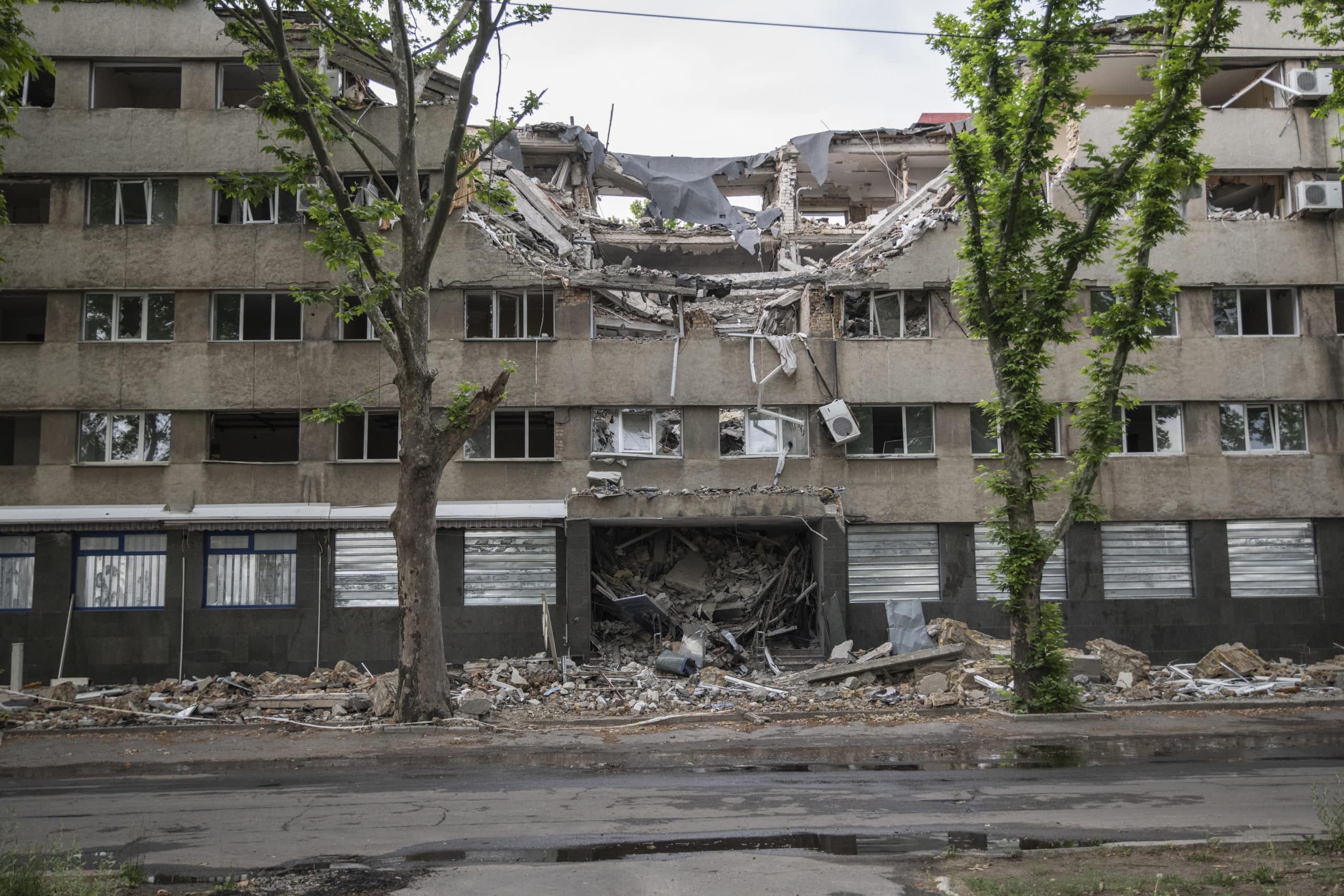SMC is a preventative measure that administers a full-treatment course of anti-malarial medicine to children living in endemic malaria zones, each month during rainy season. The World Health Organization says that SMC has been shown to protect up to 75 percent of children under the age of five against uncomplicated and severe malaria.
A single dose of SMC can protect a child for one month. This year, ALIMA-AMCP distributed four rounds of anti-malarial medications to more than 84,000 children under the age of five, in Kangaba and Kolokani districts in Mali, between August and November, during the rainy season, when the risk of transmission is highest, in order to prevent them from contracting the disease. Health workers were able to reach children in even the most remote areas.
Promising results
While SMC does not prevent all cases of malaria, the results of previous rounds of SMC campaigns in Mali have been very encouraging.
“The SMC has already demonstrated a decrease of more than70 percent of malaria cases in children under five years old during peak season,” said Dr. Soma Bahonan, the ALIMA-AMCP medical coordinator in Mali.
This year, a distribution of ready-to-use supplementary food was also included in the SMC distribution in Kolokani district in order to prevent malnutrition. Children suffering from malnutrition are more often affected by malaria and the distribution of supplementary food should bring additional benefits as well.
“We wanted to go further by taking advantage of distributions in remote areas,” Dr. Bahonan said, “to protect children against malnutrition and see if it has a positive effect on malaria incidence too.”
Complementary tactic
SMC is a preventive action designed to complement other strategies, such as the distribution of mosquito nets, which are already being employed in efforts to combat malaria. It is especially beneficial in areas like the Koulikoro region, where access to health care is limited.
“It remains essential that people have access to the means of diagnosis and early treatment,” Dr. Bahonan emphasized.
In Mali, SMC has also been integrated into the national plan against malaria. In Koulikoro region, the Ministry of Health implemented SMC in Koulikoro, Dioila, Fana and Ouelessebougou districts, where ALIMA-AMCP provides logistical support.
“The integration of the SMC in the national plan against malaria is a significant step forward, which must be supported in its implementation,” concluded Dr. Bahonan.
SMC in Koulikoro region is an activity funded by the European Commission’s Humanitarian Aid and Civil Protection department (ECHO).
Since 2011, ALIMA works with Alliance Médicale Contre le Paludisme (Medical Alliance Against Malaria, or AMPC),a Malian NGO dedicated to making healthcare more accessible and reducing malaria-related mortality. In Koulikoro region, ALIMA-AMCP is working hard to reduce deaths from the leading causes of infant mortality, including malaria, acute respiratory infections, diarrhea and malnutrition. Together they have treated more than 43,000 children affected by malaria in Koulikoro region, throughout 111 community health centers and six referral health centers supported by the organization.
In Dioïla, in southern Mali, ALIMA also opened an intensive nutritional rehabilitation unit to train Malian healthcare workers. They are taught to screen for severe acute malnutrition with complications and how to manage such cases in a hospital setting. To date, the project has trained 276 nurses and doctors.
In northern Mali, ALIMA and AMCP support 33 community health centers and two referral health centers – including an operating room – in the Diré and Goudam districts in the Timbuktu region, providing free access to health care. In the Goudam district, medical teams in mobile clinics dispense care and distribute drinking water to displaced people. In 2015, nearly 170,000 consultations, 5,000 hospitalizations, 3,600 births, and 522 surgical procedures were recorded in the Timbuktu region.
Photo: Xaume Olleros



